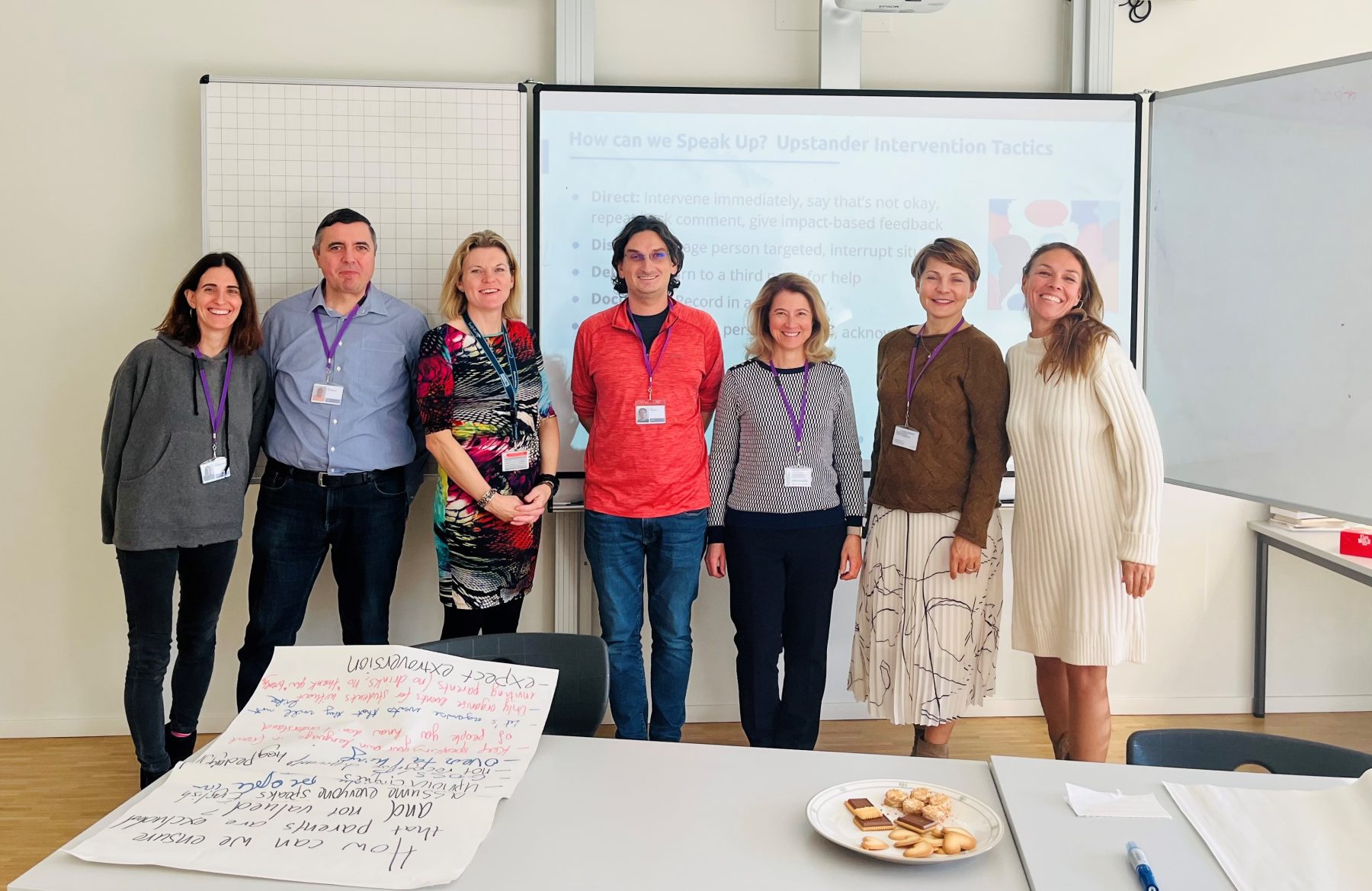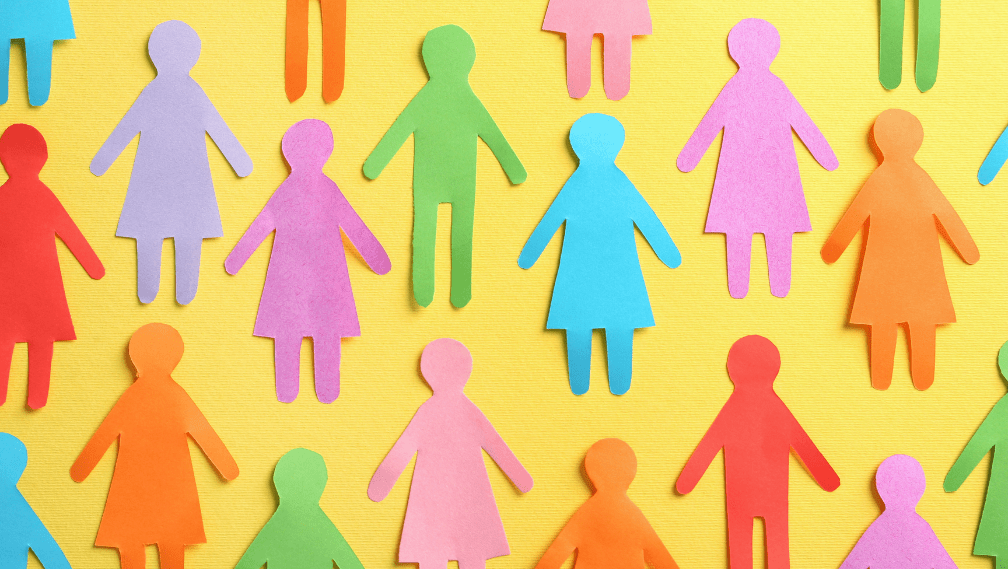
Diversity, Equity, and Inclusion
Our DEI Vision
ISL is a diverse, safe, equitable, and welcoming community for all students, staff and families. Each individual is committed to ensuring everyone has a strong sense of belonging and feels respected. We are proactive in inclusion work as it upholds ISL’s Values. In addition to the actions being undertaken by the DEI Team, an inclusive approach underpins our systems, policies, practices, pedagogy, and culture.
Our DEI Mission
Our DEI Roadmap
DEI Curriculum at ISL
At ISL, our commitment to Diversity, Equity, and Inclusion (DEI) includes an ongoing review of the curriculum across all divisions—from Early Years to the Diploma Programme. To support this work, we used our bespoke Intercultural Competencies framework, grounded in the Approaches to Learning (ATL) skill categories of the International Baccalaureate (IB). These competencies help students develop the skills, values, and dispositions needed to thrive in a diverse, interconnected world.
The Intercultural Competencies framework was used to audit the curriculum through a DEI lens. Each competency acts as a lens to evaluate how well our curriculum supports students in becoming respectful, informed, and inclusive global citizens. This approach enables us to identify areas of strength and opportunities for growth in how we represent diverse perspectives, promote equity, and foster intercultural understanding in every subject area.
Why Each Competency Area Matters for DEI
Communication Skills
The ability to communicate across cultures is essential in a diverse school environment. We reviewed how students are taught to interpret meaning and express themselves with intercultural awareness. This competency ensures that students can listen, speak, and write in ways that are respectful and responsive to different cultural contexts—fundamental for avoiding misunderstandings and fostering inclusive dialogue.
Social Skills
Social competencies support students in forming positive relationships across differences. We looked for opportunities where students practice empathy, make equitable decisions, and advocate for themselves and others. These skills help develop upstanders and allies—individuals who support the rights and needs of those around them, which is a cornerstone of DEI education.
Self-Management Skills
Self-awareness is a critical starting point for DEI. We examined how the curriculum encourages students to reflect on their own values and the impact of their actions. Being mindful of one's role in upholding equity and considering the ethical and cultural implications of decisions helps students grow into responsible, inclusive individuals.
Research Skills
DEI-informed research means not only seeking information but doing so critically and responsibly. This includes evaluating sources for bias, analyzing diverse knowledge systems, and understanding how media influences prejudice. By teaching students to consider a wide range of perspectives, we help them develop a nuanced understanding of the world.
Thinking Skills
Critical and creative thinking enables students to challenge assumptions and explore alternative viewpoints. We evaluated how well the curriculum supports students in identifying bias, connecting ideas across disciplines, and approaching inquiries from multiple cultural contexts. These skills are vital for dismantling stereotypes and cultivating inclusive thinking habits.
Next Steps in Our DEI Journey
This curriculum audit will serve as a key reference point in our ongoing efforts to embed DEI meaningfully into teaching and learning. In the coming years, we will use the insights gained from this review—alongside data from the Global Equality Collective (GEC) DEI surveys—to inform professional learning, curriculum planning, and classroom practice. These actions align with our three-year DEI strategy and our vision to create a school environment where all students feel seen, valued, and empowered to thrive.
View our DEI Curriculum
Our DEI policy
ISL’s Diversity, Equity, and Inclusion Policy was published in August 2022 after a year of consultation within and beyond the ISL community. Read the ISL’s DEI Policy.
Our DEI Team of Coordinators
Daniel Grocott, Head of DEI & Secondary DEI Coordinator
DGROCOTT@ISL.CH
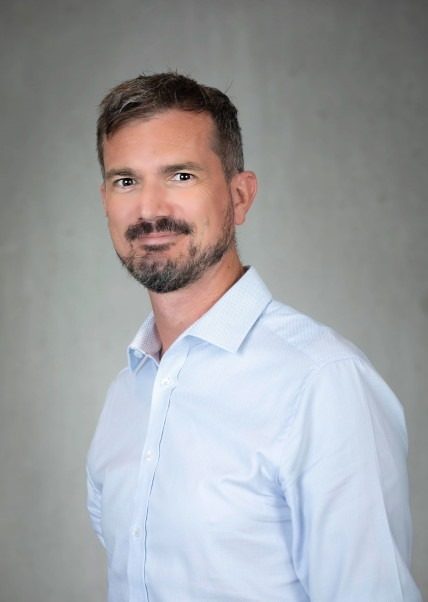
Ji Foof, Primary DEI Coordinator
JFOOF@ISL.CH
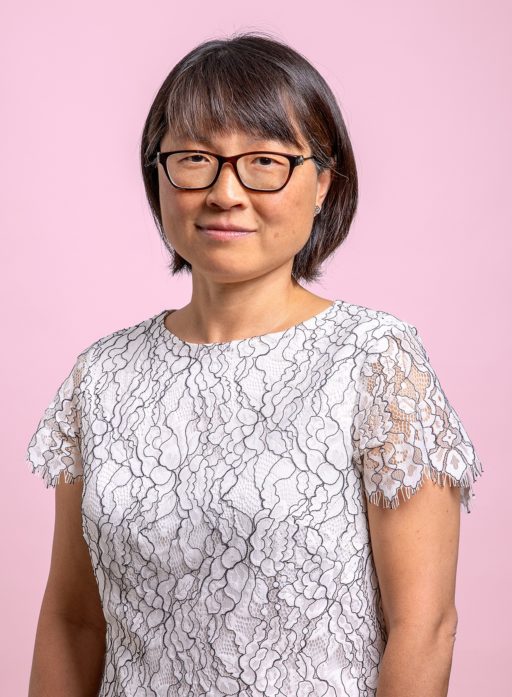
In 2016, my family relocated to Switzerland, and my two children joined ISL. One has since graduated. I have had many roles at ISL: parent, parent volunteer, ASA leader, PTA President, and, since 2022, I am a member of the ISL staff community, as Operations Coordinator.
My experiences have made me appreciate the incredible richness that comes from understanding and embracing diverse cultures, beliefs, and customs. As the DEI Administration Coordinator, I am committed to ensuring that everyone’s identity is respected, and that fairness and equity is upheld in our school and workplace.
I am especially excited to engage our administration and auxiliary staff in our continued DEI work. We are currently reviewing our policies and systems with a DEI lens and I believe that the involvement of our administration and auxiliary staff is crucial to creating a truly inclusive environment at ISL. Together, we can foster a sense of belonging and ensure that diversity, equity, and inclusion are at the heart of everything we do.
I am thrilled to contribute to a community that values diversity, equity, and inclusion, and I look forward to making a positive impact.
Cristina Correia, Administration DEI Coordinator
CCORREIA@ISL.CH
.png)
Our Training
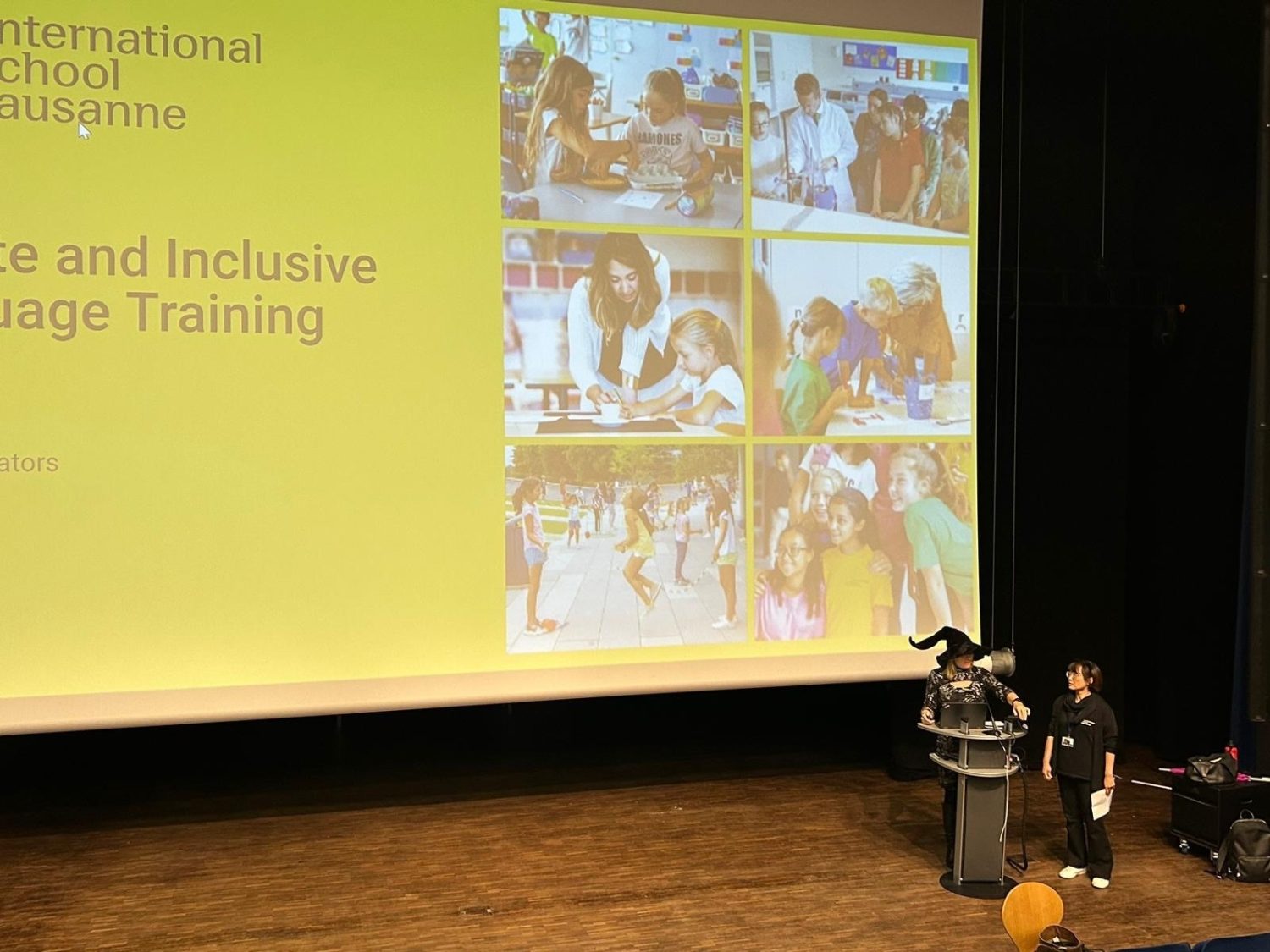
Inclusive Language
We are developing Inclusive Language guides for the school. The next step is for the Student Council to review and feedback on the draft Inclusive Language Guide. Members of staff can now include their pronouns on their email signatures.
